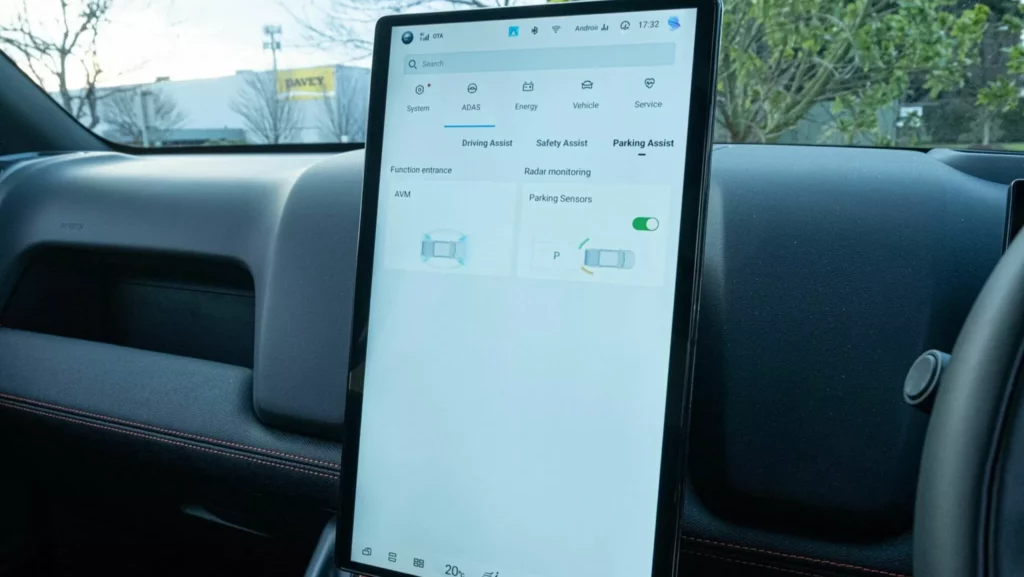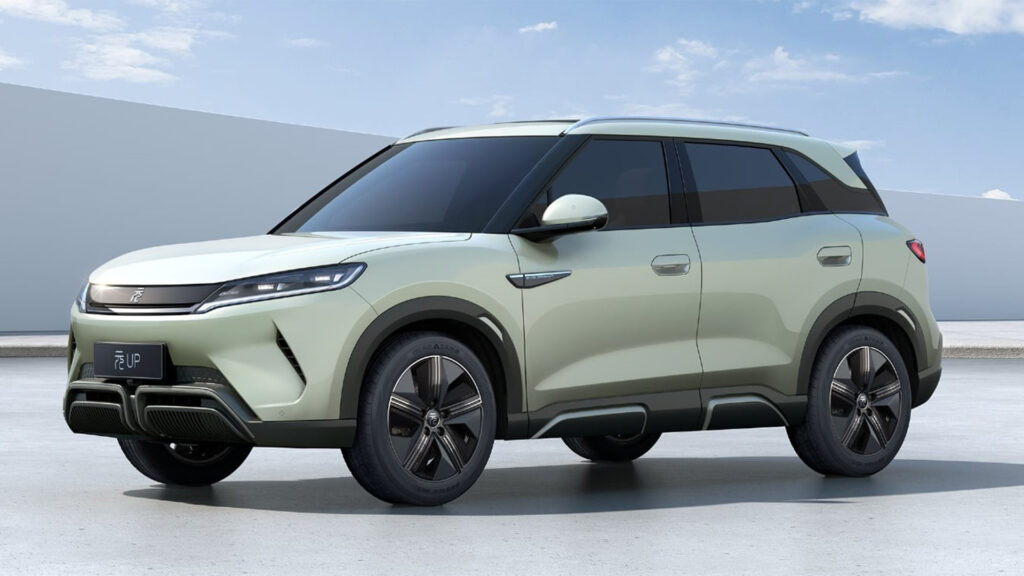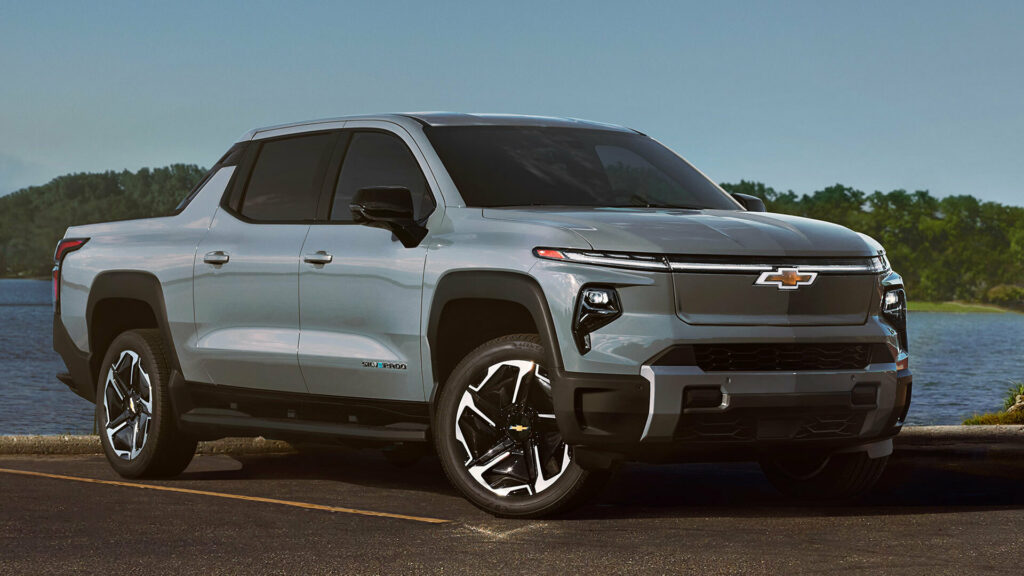The EV Battery Bubble Might Be About To Burst

- AlixPartners predicts EV battery capacity will triple global demand by 2030.
- Ford cuts its planned battery capacity by 35 percent amid lower EV sales.
- Panasonic’s expansion stalls as Tesla demand dips in North America.
Many automakers spent the past few years racing to electrify their lineups, betting heavily that global demand for electric vehicles would surge. The industry poured billions into new EV battery plants across the world, particularly in North America.
Now, a new report suggests that much of that production capacity could end up sitting idle by the end of the decade.
Overcapacity Ahead
AlixPartners speculates that global production of EV batteries will be roughly three times greater than demand for EVs in 2030. By that time, EV battery production capacity in North America is expected to roughly quadruple.
According to Nikkei Asia, many manufacturers are already scaling back their ambitious battery production plans. Ford, one of the most aggressive investors in U.S. battery manufacturing, is a prime example. The company is building a $5.8 billion facility in Kentucky with its partner SK On, which is expected to employ about 5,500 people by 2030.
Read: Massive US Battery Plant Grinds To A Halt After Trump’s Tariffs
However, the Blue Oval already reduced its planned battery capacity by 35 percent. It also recently halted production of the F-150 Lightning indefinitely due to dwindling demand in North America.

General Motors has also been forced to make changes. It has been confirmed that 1,550 workers at the battery plants it operates alongside LG Energy Solution in Ohio and Tennessee will be sacked due to “slower near-term EV adoption and an evolving regulatory environment.”
Nikkei Asia also reports that Panasonic opened a new battery factory in Kansas in July, but has yet to say when it will reach full-scale production. Initially, it was expected to hit this mark by the end of the 2026 fiscal year. However, as a major supplier to Tesla, it has been affected by the fall in demand for EVs as well.
Slowing EV sales in the States have led to the cancellation of some endeavors entirely. T1 Energy was planning to build a battery plant in Georgia, but has since canned the project.
Changing Policy Winds
The Trump administration’s policies have further tilted the scales toward internal combustion vehicles. By removing the $7,500 federal EV tax credit and scrapping penalties for missing emissions targets, the government has made it easier for carmakers to ramp up traditional ICE production once again.















































